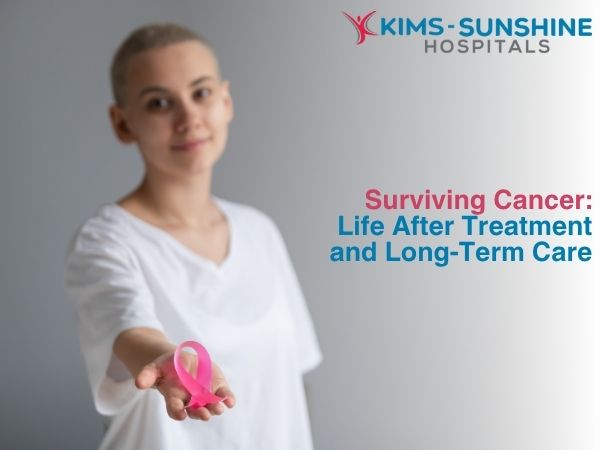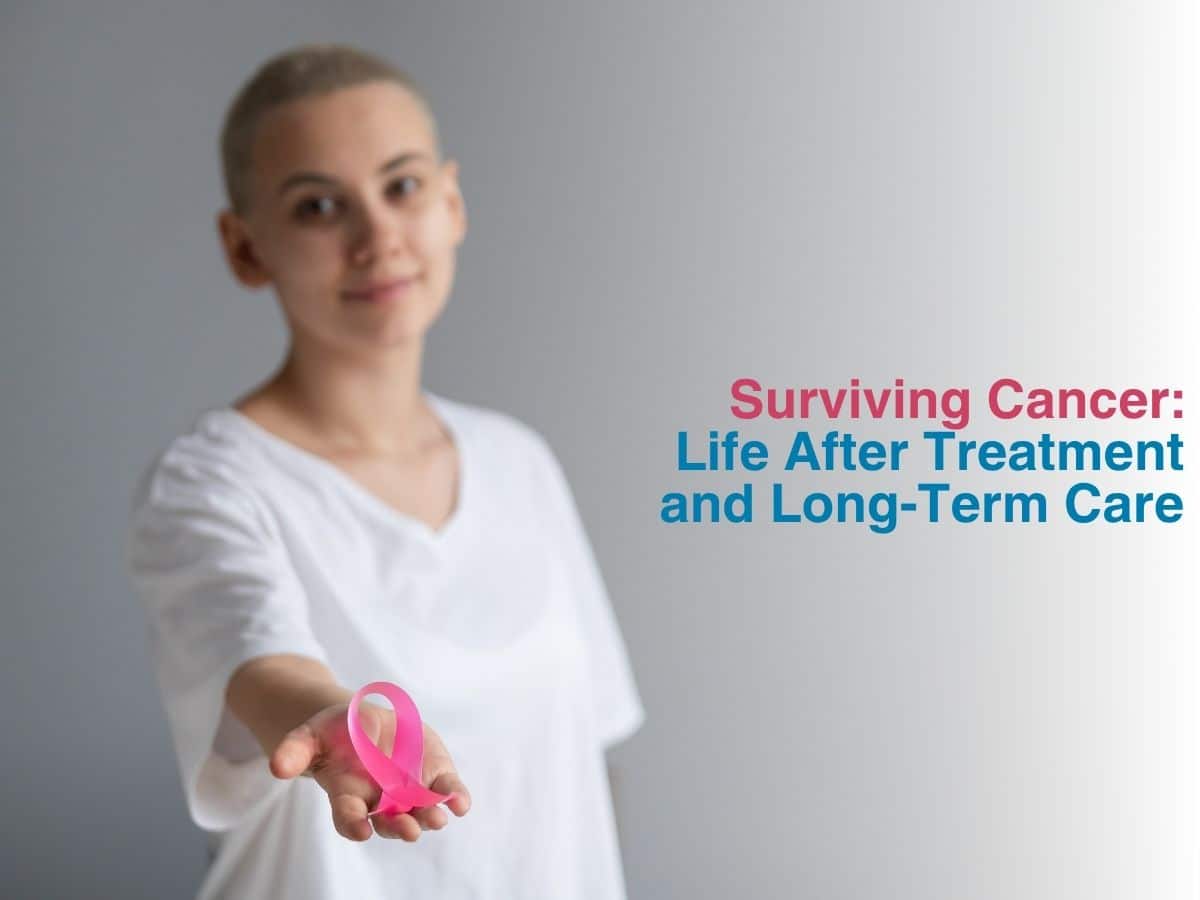
Surviving Cancer: Life After Treatment and Long-Term Care

A positive diagnosis for cancer can be earth shattering for most of us, while treatment can be a nerve-wracking experience. But, life is not going to be just peachy afterwards either. It is a long road to recovery and an even longer one to get to a point where you feel normal or fine. It may be a hard journey but it doesn’t have to feel impossible. Taking care of your long term health concerns should be a priority for life, so It is not rocket science, but a simple and effective combination of good food, physiotherapy, exercise, sleep and boosting immunity by ensuring you don’t get too stressed.
Managing Side Effects Of Cancer Treatment Long-Term-
If your cancer is in remission, then you are a ‘cancer survivor’, according to the American Cancer Society. At other times, you can never be cancer free and hence, it becomes a chronic medical condition that you have to deal with, for life. Here are some things you should always remember to talk to your oncologist about-
- You will have to deal with issues like pain, nausea, excessive fatigue and you will not be able to eat normally. So, it makes sense to eat more often in a day, have small servings of foods that you like and include fresh produce as often in a day as possible. You will mostly need to take antiemetics, so try not to eat anything that is too heavy, greasy or spicy.
- You can talk to your doctor about getting palliative care if needed.
- Skin related issues are pretty common if you have undergone cancer treatment. So, skincare is a very essential part to think of. You should invest in good quality products that work well for your sensitive skin. They don’t need to be expensive. They just need to be effective and gentle. But, if you notice any specific issue, it is best to talk to a dermatologist for advice.
- Bone loss is a common side effect, so you should think about eating a bone healthy diet and also supplement with Vitamin D and calcium salts- which come in convenient capsules that can be taken everyday. But, talk to your doctor before you start on any supplement. You should also begin to do some weight training exercises, so your muscles, joints and bones remain healthy.
- Insomnia is also a commonly reported issue. So, see if you can go to sleep and wake up at the same time, everyday.
- These are some of the best diet and lifestyle tips for cancer survivors, which focus on the physical recovery of an individual. But what about mental health? Emotional recovery after surviving cancer is often ignored in favour of regaining physical strength, but this approach won’t help you out for long.
Conclusion
Some well known support groups for cancer survivors and caregivers that are based in India are Indian Cancer Society, Cancer Patients Aid Association and UGAM (inspired by the struggle that children undergo, when they are diagnosed with cancer, with the support of the International Society for Paediatric Oncology) ), Cancer Hope Network, Pain and Palliative Care Society etc. though there are hundreds of such groups present all over the country. You can also join a specific group of interest based on the kind of cancer you dealt with. There are plenty of support groups online too, if you don’t want to leave home. You should join specific support groups, so you never feel lonely and have someone to talk to- when you are happy, sad, depressed or however else. Each and every person has their own story to tell, so when you listen to people talk about their struggles, you can relate to them and give your own perspective on everything as well.






